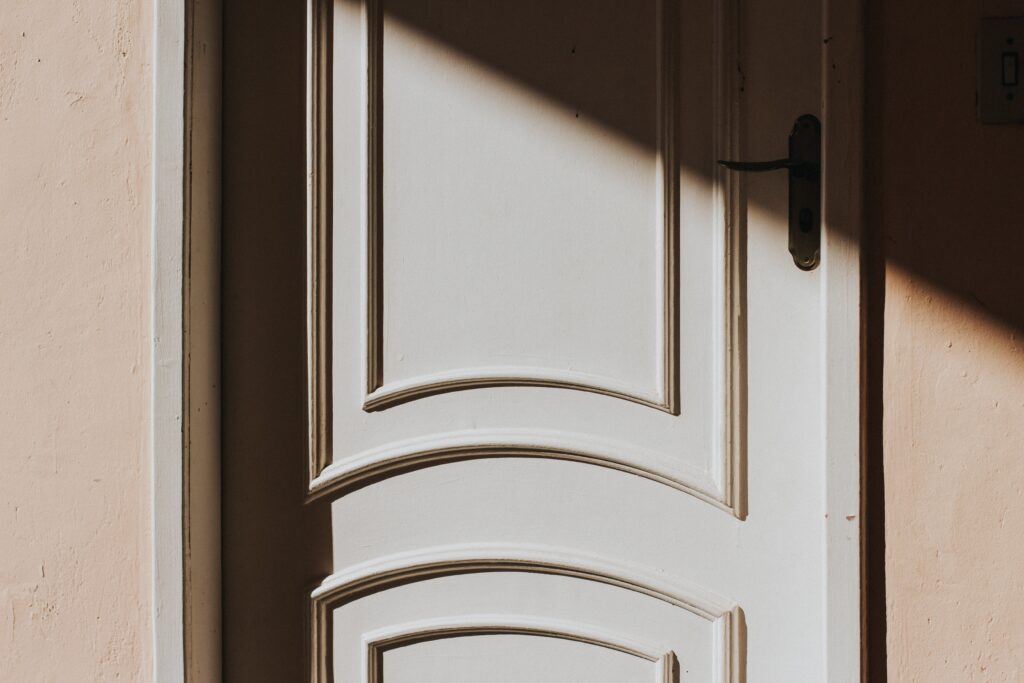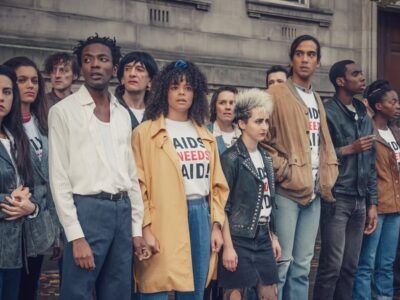Coronavirus and my grandmother’s late-stage dementia

Ella recently moved back to my home with her grandma Gladys. Here’s how her family are managing the lockdown
I recently moved back to my familial home after a stint away between lockdowns. Upon my return I noticed that my grandmother’s late-stage dementia had deteriorated significantly. Her name is Gladys, and she’s 98. The deterioration was to be expected – I wasn’t expecting it to get better – though I was struck by the marked decline which seemed, to me, more significant than at any other time I can remember. Gladys has of course not left the house in these intervening months whilst I have “been off gallivanting” (her words).
Over one quarter of the people who died of COVID-19 between March and June 2020 had dementia, despite sufferers never being identified as an increased-risk group. This is related to the fact that 77% of dementia patients have at least one other ‘underlying health condition’.
Her grasp of the pandemic is weak, she understands that there is ‘The Virus’ but only after being prompted in some way and does not understand how long it has been going on for.
What struck me most was that she had no clue as to why she’d been stowed away like this. She felt that she’d been unfairly wrapped up by my family, like thousands of other older people, cut off from society even further than before. Her grasp of the pandemic is weak, she understands that there is ‘The Virus’ but only after being prompted in some way and does not understand how long it has been going on for. When we asked her, she reckoned, “about a month?” This left us with some difficult things to think about. Is it fair to constantly remind a person of something they will soon forget that will only serve to agitate them in the meantime?
That said, her unawareness is far from blissful. Most of her energy is spent in orientating herself in the current moment. As dementia advances, people become more disorientated, forgetful, and unable to think things through. The constant struggle of trying to understand the world can cause anxiety. In a time when the rest of us are justly struggling to accept the difficult circumstances imposed on us, finding our connection to time weakened and become unable to adequately plan our lives, we can gain the smallest of insights into the existence of those with dementia.
“A significant number of people with dementia have experienced a marked decline in their cognitive abilities as a consequence of reduced social contact.” – Alzheimer’s Society
The impact of this time on those with dementia is irreversible, a convalescence without improvement. People over 70 are being deterred from face-to-face assessments due to social distancing measures, meaning the national diagnosis rate has steadily declined since February 2020 due to a reduction in services. The increase in remote consultations may be acting as a deterrent for older people who generally have lower levels of digital literacy. At the peak of the pandemic, guidance from the Royal College of General Practitioners assigned a lower level of priority to routine non-urgent primary care. This included over 75s’ annual reviews, which are a safety net in the early diagnosis of elderly people who often do not seek out NHS services out of a fear of being a burden.
This leaves some people in the early stages of dementia living in isolation without a diagnosis, unable to access practical, emotional, legal or financial advice and support services. Depression itself can be an early indicator of dementia. The fear of many is that the lockdown measures created to keep vulnerable people safe are in turn accelerating their loss of communication skills. These struggles are occurring behind closed doors.
The fear of many is that the lockdown measures created to keep vulnerable people safe are in turn accelerating their loss of communication skills. These struggles are occurring behind closed doors.
Ella Robinson, Senior Policy Officer at The Alzheimer’s Society commented, “If no action is taken to prioritise access to a diagnosis, we risk losing all the progress made over recent years in reaching and maintaining the national target of two thirds of people living with dementia receiving a diagnosis. We also risk losing the ability to improve beyond that target.” Kate Lee, Chief Executive Officer at Alzheimer’s Society has also said ‘the Government must put people with dementia at the heart of plans to ease lockdown and recognise the vital role of social contact so we can avoid further tragedy.’
Gladys’ reaction to “not being allowed out” was as follows: “When you stay in it makes a difference, you (don’t) mix with people or enlarge on your life.” I asked how this made her feel. “A bit shut away really… out of this world, not really sure what is going on. I’ve got to depend on the telly… it’s not natural really. It’s not like being out there, in the midst of it, it can’t be really.”
Like many dementia sufferers, Gladys struggles to follow narratives, whether that be in writing or on the television. Cognitive stimulation is the only non-drug treatment recommended to improve her wellbeing. Her recreation of choice is drawing her ‘characters.’ She sketches daily, often repeating the same images, delineated from newspapers or mined from the depths of her long-term memories. She constantly affirms my belief that drawing is both innate and crucial. While Granny cannot help but to live moment to moment, she manages to find joy within most of them, a fact I carry with me when confronted with my own COVID-related uncertainty.
Can you relate to Ella and her family? Let us know your experiences of lockdown by getting in touch with us at editor@rifemagazine.co.uk. You can also listen to an audio piece on the same subject by Ella.







